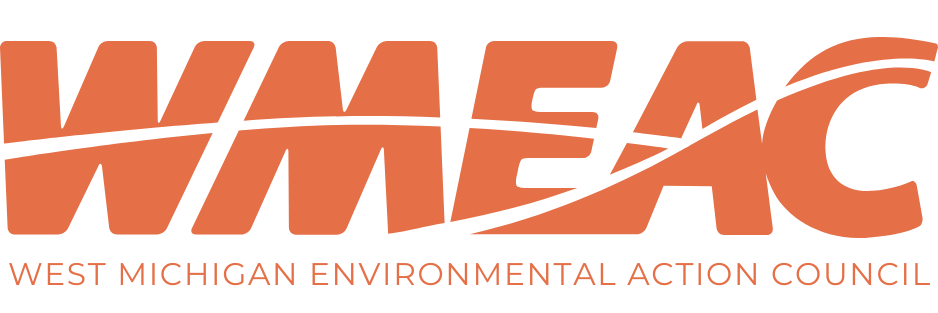By Melinda Weaver, WMEAC Policy Intern
As of today, companies and organizations are facing more and more scrutiny when it comes to where they invest their finances. Consumers are becoming more conscious and focused on where they are putting their money, and companies of all kinds are beginning to change the way they market themselves. Many people now will not make a purchase before doing a little bit of research on the company they are purchasing from, and studies show that the younger generations are willing to pay 10% more in order to buy sustainable items. According to First Insight, Gen Z and Millennials are the most likely to make purchase decisions based on personal, social, and environmental values, with a staggering 73% claiming that this influences their spending.
The same can be said for organizations. As they become more focused on ethical and moral consumption, people will be more likely to look into companies and nonprofits and what they support, as well as where they put their money. If someone is thinking about making a donation to an organization, they will likely do research first to deduce where their donation will end up.
Divested Investments
So what is a divested investment? Divested investments, also known as divestment, refer to the process of selling off assets or investments in certain companies or industries, typically for ethical, political, or environmental reasons. This is a strategy commonly used by organizations and individuals to remove their financial support from larger entities that are labeled as harmful or unethical. The best examples of these entities when it comes to sustainability would be oil, gas, and coal companies, which are widely known to be huge perpetrators of harm to the environment. The organizations or individuals would then reallocate these funds to more sustainable or ethical alternatives, such as renewable energy projects, green companies, and other organizations with strong environmental, social, and governance (ESG) practices. The goal of divestment is not only to shift funding away from harmful industries but also to send a message that societal values are changing and that unsustainable practices are no longer acceptable or profitable in the long run.
Economic Viability
There is a common stigma that sustainable investments are not profitable in the long run. This is an idea that is rapidly becoming more and more untrue. Sustainable investments are increasingly recognized as not only ethically sound but also financially productive. Sustainable investments often involve companies that proactively prepare and mitigate social risks. Organizations that are investing in sustainable companies will already be mitigating that risk, and are therefore positioned to avoid sudden financial shocks, ensuring more stable long-term returns. Many popular companies have already successfully divested from unsustainable industries and reinvested in green alternatives, such as Patagonia and Ben and Jerry’s.
The Importance of ESG (Environmental, Social, and Governance)
ESG-focused companies are companies that capitalize on minimizing Environmental, Social, and Governance risks. They address each of these topics in their plans and actions, tackling topics such as climate change, pollution, employee welfare, and community engagement. They also tend to have strong governance practices that help prevent fraud and corruption, making them less likely to face social scandals that can erode investor trust and lead to financial losses. It’s important for organizations to look for these values when they decide to begin divesting their funds into more environmentally friendly investments. It’s the most ethical and sustainable option, and according to Forbes; companies that put in the work to pursue ESG goals for each of their stakeholders become well-run companies that have better financial success.
WMEAC’s Commitment to Environmental Protection and Action
West Michigan Environmental Action Council (WMEAC) adopted an investment divestment policy to move away from fossil fuel industry investments in 2015. This policy was implemented in 2016, with the goal of being completely divested of investments in the fossil fuel industry by 2021. WMEAC strives to align its beliefs with the companies and organizations that it supports, and it met its divestment goal in Fall 2018. This policy sets an example that even small nonprofit organizations can help make a difference.
This trend is growing, pointing to sustainability being the most publicly popular, efficient, and financially sound direction for organizations to go towards. Oil and gas companies, such as BP Oil and ExxonMobil are not budging on their stance regarding environmentalism, and it’s time for investors and stakeholders to turn their funds towards companies that are actually working towards building a brighter future for our world.


